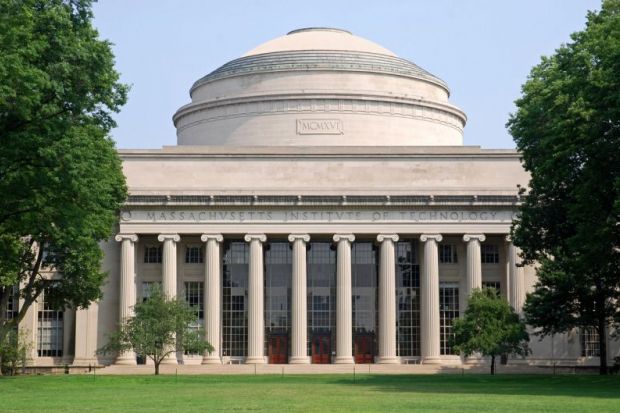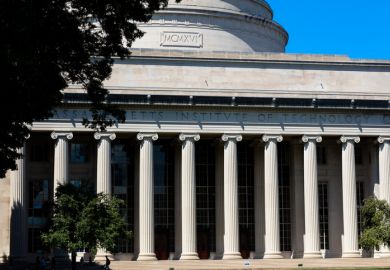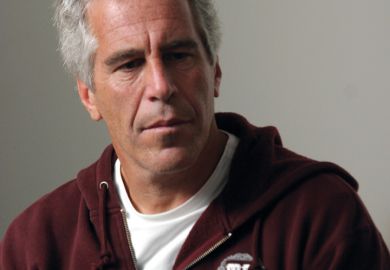The Massachusetts Institute of Technology (MIT) has agreed to reinstate a mechanical engineering professor who accepted donations from convicted sex offender Jeffrey Epstein, while imposing limits on his involvement with students.
The professor, Seth Lloyd, who was placed on paid leave in January, also faces upon his return five years of reduced salary and professional limitations, and a requirement for training in professional conduct.
The case is part of the fallout from revelations that MIT accepted some $850,000 (£650,000) in donations from Epstein after his 2008 conviction and guilty plea to a charge of procuring a teenage girl for prostitution.
The heaviest blame was assigned to Joi Ito, a former MIT professor and director of the MIT Media Lab, who helped arrange and hide donations and contacts with Epstein. Professor Ito resigned from MIT in September 2019 after The New Yorker revealed his actions.
Professor Lloyd received $285,000 from Epstein, including $60,000 for him personally, an MIT-commissioned investigation reported earlier this year.
MIT, after its formal review of the case, acknowledged the institution did not have policies in place for handling controversial donors. The review faulted Professor Lloyd for failing to tell MIT leadership that Epstein was a convicted sex offender and found he had violated two MIT policies.
The case nevertheless led to campus protests, including complaints that MIT leadership did not respond to concerns that others had provided them about Epstein’s involvement, as well as the resignations of two Media Lab researchers.
MIT’s provost, Martin Schmidt, in announcing the institution’s decision with regard to Professor Lloyd, acknowledged “that some will be disappointed” by it.
The five-year set of penalties on Professor Lloyd will include limits on soliciting donations, on his involvement in first-year undergraduate advising, and on “normal privileges accorded to a faculty member”, Professor Schmidt wrote in a statement to the MIT community.
“These steps cannot undo the harm done,” Professor Schmidt wrote. “Professor Lloyd’s failure to share what he knew about Epstein’s conviction when he accepted his 2012 donations was unacceptable.”
Professor Lloyd issued his own statement expressing regret for not having “consulted further about Epstein’s appropriateness as a donor”.
Register to continue
Why register?
- Registration is free and only takes a moment
- Once registered, you can read 3 articles a month
- Sign up for our newsletter
Subscribe
Or subscribe for unlimited access to:
- Unlimited access to news, views, insights & reviews
- Digital editions
- Digital access to THE’s university and college rankings analysis
Already registered or a current subscriber?






